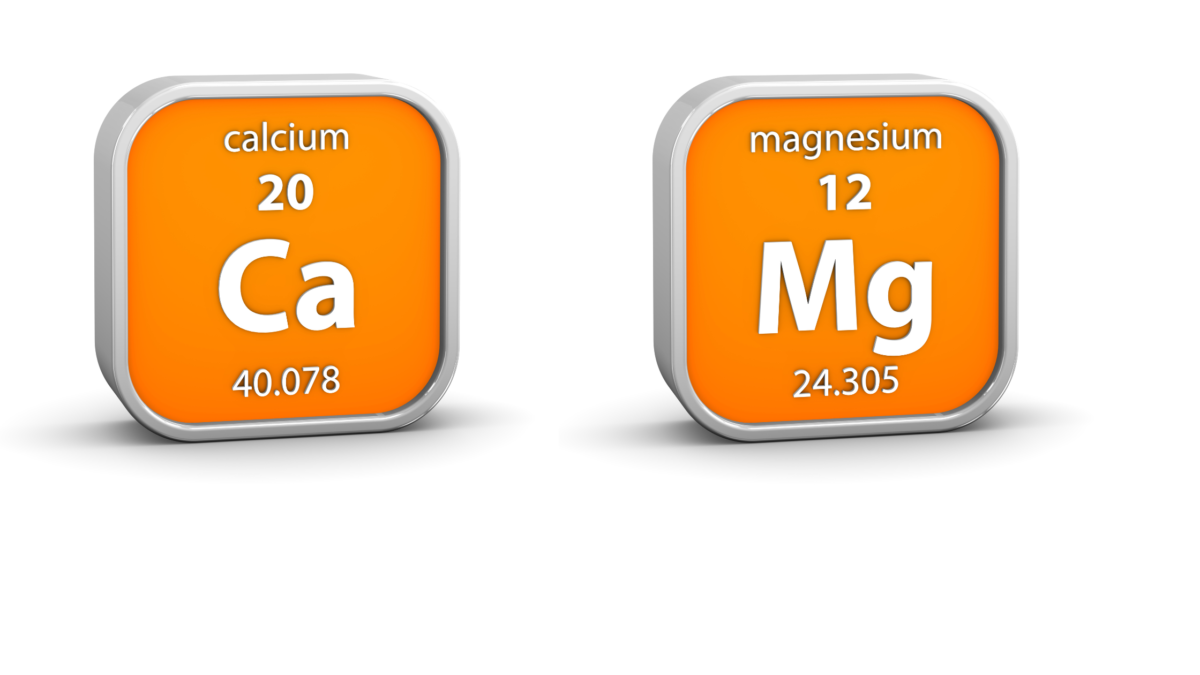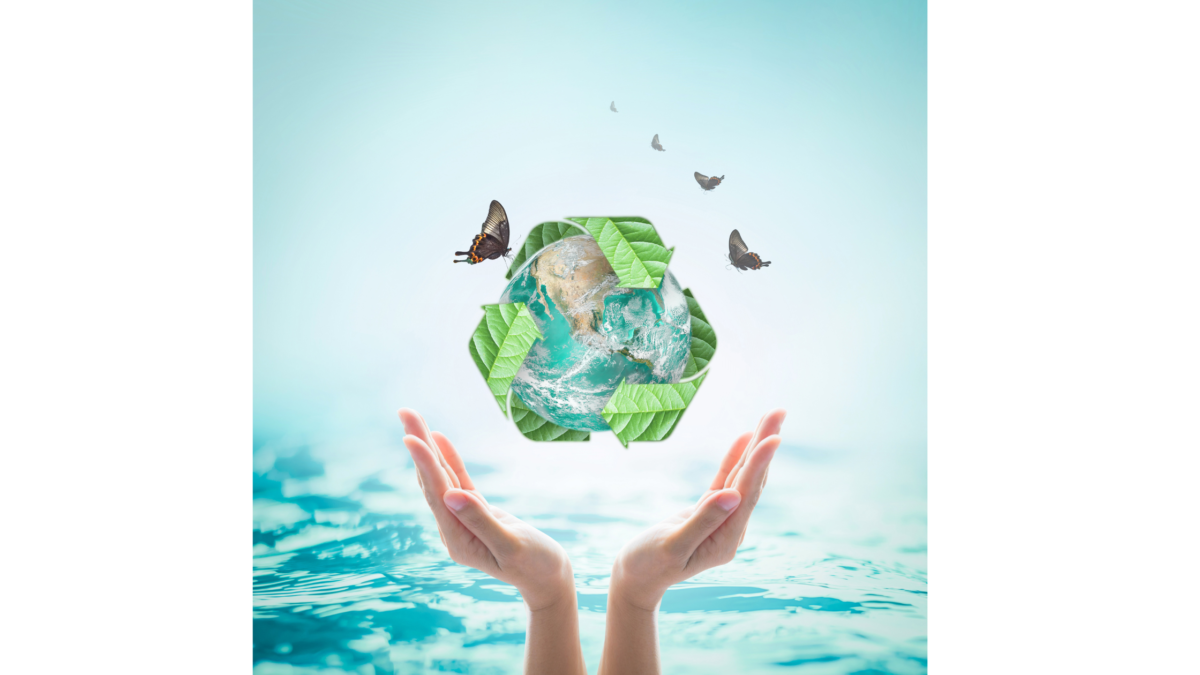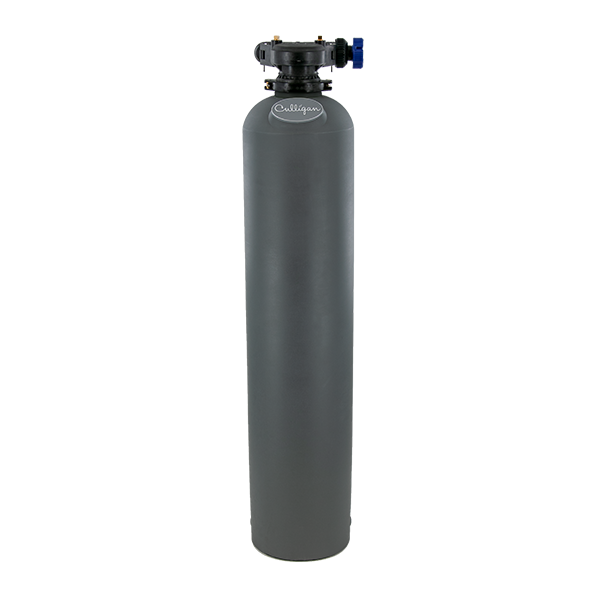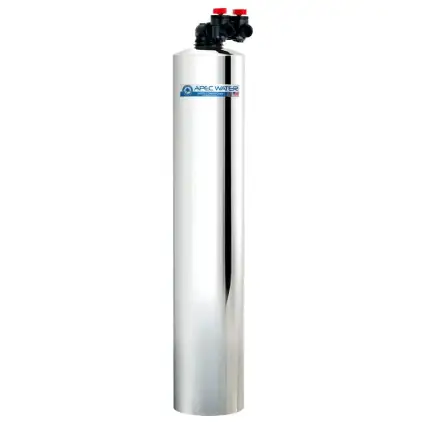Hard water is a common household concern, as it can lead to an array of problems such as limescale buildup, plumbing issues, and decreased effectiveness of soaps and detergents. With several water treatment options available, it’s essential to understand the differences between water conditioners and water softeners to make an informed decision.
Water conditioners and water softeners both address hard water issues, but they function differently. A water conditioner alters the hard water minerals but doesn’t remove them, whereas a water softener uses an ion exchange process with salt to replace the minerals in the water. Deciding between these two options depends on various factors such as the degree of water hardness and your preferences for water quality.
In terms of cost, water conditioners and water softeners have similar upfront costs, but the former offers a clear advantage for maintenance expenses. Additionally, a water softener is best suited for medium to very hard water, whereas a water conditioner performs best for low to medium hard water.
Water Softeners
Water softeners are specifically designed to reduce the hardness of water by removing minerals like calcium and magnesium. These minerals can cause scale buildup in pipes and appliances, leading to reduced efficiency and damage over time. In this section, we will discuss ion exchange and salt-based water softeners.
Ion Exchange

Ion exchange is the primary process used in water softeners to remove hard minerals. In this process, hard minerals such as calcium and magnesium are exchanged with sodium ions. The main component of this system is the resin bed, which is filled with small beads that hold sodium ions. As hard water flows through the resin bed, the calcium and magnesium minerals in the water bind to the beads, releasing the sodium ions into the water. Here are key points to remember:
- Effectively removes calcium and magnesium
- Produces softened water, free of scale-forming minerals
Salt-Based

Salt-based water softeners are the most common type of ion exchange systems. These systems consist of a resin tank, a brine tank, and a control valve. The brine tank contains a salt solution that is used to regenerate the resin bed when the sodium ions have been exhausted. After a certain period, the water softener will automatically initiate a regeneration process, in which the brine solution is drawn into the resin tank, flushing the calcium and magnesium ions and recharging the resin with sodium.
Some important points to consider with salt-based water softeners include:
- Completely removes hard minerals, preventing scale buildup
- Produces wastewater during the regeneration process
- Requires regular maintenance, such as salt replenishment and cleaning
In conclusion, water softeners can effectively address hard water issues by removing calcium and magnesium ions through the ion exchange process, with salt-based systems being the most common type. It is crucial to consider factors such as wastewater production and maintenance requirements when choosing the right system for your needs.
Water Conditioners
Water conditioners are a popular water treatment solution for dealing with hard water and scale problems in your home. They come in various forms and functions, but the primary goal is to provide a more efficient and eco-friendly alternative to traditional water softeners. In this section, we’ll discuss the two main types of water conditioners: Salt-Free and Electricity-based systems.
Salt-Free Water Conditioners
Salt-free water conditioners, as the name suggests, do not use salt in their process. They are a more environmentally friendly option as they don’t contribute to salt waste in water systems. These conditioners work by altering the hard water minerals in a way that prevents scale build-up. Some key points about salt-free water conditioners are:
- Environmentally friendly
- Low maintenance
- No need to purchase or refill salt
- Preserves beneficial minerals in water
The salt-free water conditioners are an excellent option for those looking for an eco-friendly solution to their hard water problems.
Electricity-Based Water Conditioners
Another type of water conditioner utilizes electricity. These systems require electricity to function but provide an efficient solution to tackle hard water issues. The electric water conditioners produce an electromagnetic field that changes the water’s properties, making it less likely to form scale deposits. Some important aspects of electricity-based water conditioners are:
- Requires electricity to operate
- Can be more energy-efficient than traditional water softeners
- Effective in reducing scale build-up
- Easy installation process
Electricity-based water conditioners are a suitable choice for homeowners seeking a low-maintenance and energy-efficient solution for their whole home.
In conclusion, water conditioners are a versatile water treatment solution available in salt-free and electricity-based options. They provide an efficient and eco-friendly alternative to traditional water softeners, combating hard water and scale problems without harming the environment. Choosing the right water conditioner depends on your household needs and preferences, but both options offer significant benefits.
Performance Comparison
When comparing the performance of water conditioners and water softeners, there are a few key differences to consider.
Firstly, water softeners are generally more effective in softening hard water. They use a process called ion exchange, which replaces hard water minerals like calcium and magnesium with sodium ions. This results in a significant reduction in water hardness levels, providing a permanent solution to hard water problems that exceed 120 mg/L.
Water conditioners, on the other hand, do not remove hard water minerals. Instead, they alter the structure of these minerals, preventing them from sticking to surfaces and forming scale deposits. While a conditioner can treat temporary water hardness, it is not as efficient in dealing with extremely hard water.
In terms of scale reduction, some water conditioners advertise impressive results. For example, one of the best water conditioners on the market claims a 99.6% scale reduction rate, with noticeable results within a week of installation. However, these results may vary depending on the specific conditioner model and the hardness level of the water being treated.
When it comes to water quality, water conditioners may have an edge over softeners. Since water conditioners do not remove minerals from the water, the treated water may still retain some beneficial minerals. In contrast, water softened by a salt-based softener has higher sodium content, which can be undesirable for those with health concerns or on a low-sodium diet.
To summarize, here’s a brief comparison of their main features:
Water softeners:
- Effective at reducing hard water levels
- Uses ion exchange to remove hard water minerals
- Ideal for permanent solutions to hard water
Water conditioners:
- Doesn’t remove hard water minerals
- Alters the structure of hard water minerals to reduce scale buildup
- Better water quality in terms of mineral content
Cost-wise, the prices of water conditioners and softeners are not drastically different. Salt-free softeners typically range between $1,200 and $2,500, while salt-based softeners are a bit less expensive, priced between $800 and $1,500.
It’s essential to consider your specific needs and priorities when choosing between a water conditioner and a water softener. Factors such as water hardness levels, water quality preferences, and budget should all come into play when making your decision.
Environmental Impact and Maintenance
When comparing water conditioners and water softeners, it’s important to consider their environmental impact and maintenance requirements.
Water softeners use salt to replace hard water minerals and create waste water during their regeneration process. This waste water, which contains high levels of salt, can contaminate soil and groundwater. On the other hand, water conditioners do not use salt and do not produce waste water, making them more environmentally friendly.

From a maintenance standpoint, water softeners require regular replenishment of salt and periodic cleaning of the brine tank. They also need to be properly adjusted to account for the water hardness level in your home. In contrast, water conditioners have relatively low maintenance requirements. Many of them are easily installed and do not require salt or chemical additives. This means less time and effort spent on keeping the system running smoothly.
To summarize, here is a comparison of the two systems in terms of environmental impact and maintenance:
Water Softeners:
- Use salt to exchange hard water minerals
- Produce waste water during regeneration
- Can cause soil and groundwater contamination
- Require regular salt replenishment and brine tank cleaning
- Need proper adjustment for water hardness levels
Water Conditioners:
- Do not use salt or produce waste water
- More environmentally friendly
- Lower maintenance requirements (no salt or chemical additives)
- Easier installation in most cases
In conclusion, when considering the environmental impact and maintenance requirements of water conditioners and water softeners, water conditioners often come out ahead due to their reduced impact on the environment and lower maintenance needs.
Choosing the Right Solution
When trying to decide between a water conditioner and a water softener, it’s important to consider the specific needs of your home, the level of water hardness, and your budget. Both technologies have their own advantages and disadvantages, so let’s explore them further.
A water softener works by using ion exchange technology to remove hard water minerals, such as calcium and magnesium, by replacing them with sodium or potassium. This can effectively solve your hard water issues if the hardness exceeds 120 mg/L. However, water softeners might not significantly improve the overall water quality.
On the other hand, a water conditioner is designed to neutralize minerals in the water, preventing them from sticking to pipes and appliances, thus reducing scaling. Unlike water softeners, water conditioners do not remove the minerals entirely but keep them in a neutral form. As a result, conditioners can treat temporary hardness and potentially provide better water quality.
Here are some key aspects to consider when making your choice:
- Effectiveness: Water softeners offer a more permanent solution for hard water issues, while water conditioners are better suited for temporary hardness.
- Cost: Upfront costs for both types of systems are similar. Salt-free water softeners can cost between $1,200 and $2,500, and salt-based softeners are slightly less expensive at $800 – $1,500. A Neo-Pure whole-home water softener for 3-4 bathrooms costs around $1,381, while a Neo-Pure salt-free conditioner for a similar-sized house costs approximately $1,177.
- Maintenance: Water softeners generally require more maintenance than water conditioners, including regularly adding salt and cleaning the brine tank.
- Environmental Impact: Water conditioners are more environmentally friendly as they do not use salt and do not produce excess waste water during regeneration, which is the case with water softeners.
Ultimately, choose the system that best caters to your water hardness level, quality concerns, budget, and maintenance preferences. Both water softeners and water conditioners have the potential to improve your water situation, but your specific needs will ultimately determine the right solution for your home.




